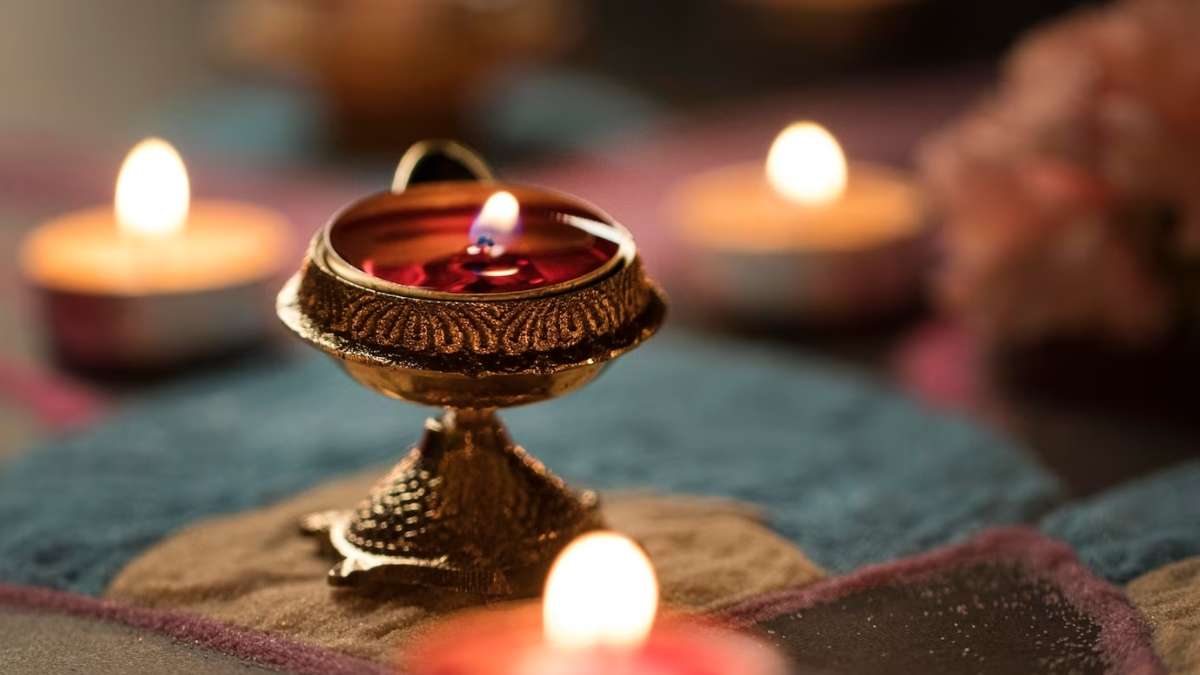
India is a country known for its rich cultural heritage and diversity. With thousands of festivals celebrated across the country, every festival has its own significance and rituals. Two such festivals that are widely celebrated among the Hindu community are Raksha Bandhan and Bhai Dooj.
Raksha Bandhan, also known as Rakhi, is a festival that celebrates the bond between a brother and a sister. On the other hand, Bhai Dooj is a festival that celebrates the love between a brother and a sister, but with a slightly different twist. While both festivals have a similar concept of celebrating the sibling relationship, there are some significant differences between Raksha Bandhan and Bhai Dooj.
This year, according to Hindu Panchang Bhai Dooj will be celebrated on November 14 from 01:10 PM to 03:19 PM. However, as per the auspicious Udaya Tithi, people can celebrate Bhai Dooj on November 15 as well from 10.45 am to 12.05 pm.
Now, let’s delve deeper into the meaning and significance of Raksha Bandhan and Bhai Dooj and understand the differences between these two festivals.
Origin and Significance:
Raksha Bandhan, this festival is believed to have originated in the ancient Hindu scriptures. According to Hindu mythology, there are many stories associated with the origin of Raksha Bandhan. One popular legend is that of Lord Krishna and his sister, Draupadi. When Draupadi tore a piece of cloth from her saree to bandage Krishna’s finger, he promised to protect her in return. This incident symbolizes the bond of love, protection, and trust between siblings.
Bhai Dooj is also rooted in Hindu mythology and celebrates the bond between siblings. It is believed that Lord Yama, the God of death, visited his sister Yami on this day after a long time. Yami welcomed her brother with an Aarti (ritual of lighting oil lamps) and applied tilak on his forehead as a sign of love and protection. Lord Yama was touched by his sister’s love and granted her a boon that whoever receives a tilak from their sister on this day shall be protected from all evils.
Timing and Rituals:
The timing of both festivals is different, and hence the rituals associated with them are also unique. Raksha Bandhan is celebrated on the full moon day of the Hindu month of Shravan, which usually falls in August. On this day, sisters tie a sacred thread or Rakhi on their brother’s wrist, symbolising their love and protection for each other. The brother, in return, promises to protect his sister from all harm.
On the other hand, Bhai Dooj falls on the second day after Diwali, which usually falls in October or November. On this day, sisters invite their brothers for a feast and perform an Aarti for them. Sisters also apply tilak on their brother’s forehead and offer them sweets as a sign of love and good wishes.
While Raksha Bandhan involves tying a Rakhi and exchanging gifts between siblings, Bhai Dooj is more about celebrating the bond between a brother and sister through rituals and feasting.
ALSO READ: Bhai Dooj 2023 on November 14 or 15? Correct date, time here
Read More Lifestyle News




